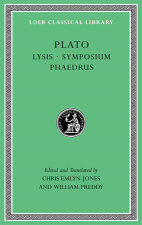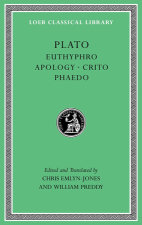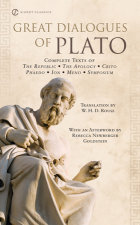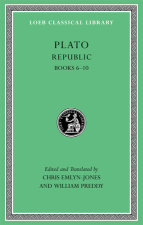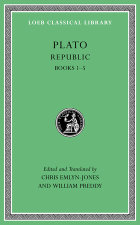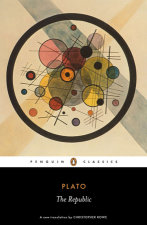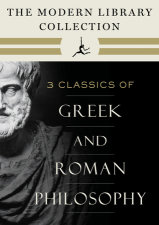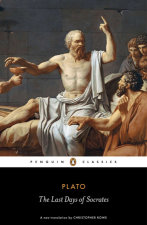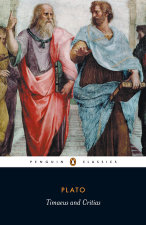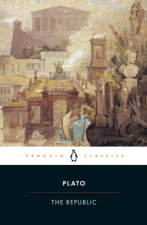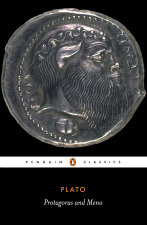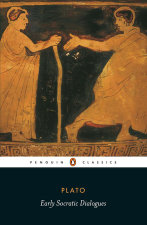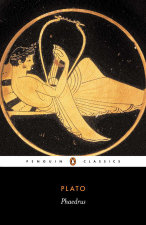Symposium and Phaedrus
Introduction by Richard Rutherford
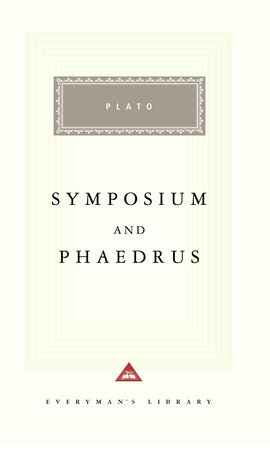
It has been said that, after the Bible, Plato's dialogues are the most influential books in Western culture. Of the dialogues, the Symposium is the most delightful and accessible, requiring no special knowledge of ancient Greek philosophy or customs. Dramatizing a party in fifth-century B.C. Athens, the deceptively unassuming Symposium introduces—in the guise of convivial after-dinner conversation—profound ideas about the nature of love. In Phaedrus, here published together with the Symposium, Plato discusses the place of eloquence in expounding truth. In both dialogues, Socrates plays the leading role, by turns teasing, arguing, analyzing, joking, inspiring, and cajoling his followers into understanding ideas that have remained central to Western thought through the centuries.
$28.00
March 6, 2001Plato, with Socrates and Aristotle, is the founder of the Western intellectual tradition. Like his mentor Socrates, he was essentially a practical philosopher who found the abstract theory and visionary schemes of many contemporary thinkers misguided and sterile. He was born about 429 BCE in Athens, the son of a prominent family that had long been involved in the city's politics. Extremely little survives of the history of Plato's youth, but he was raised in the shadow of the great Peloponnesian War, and its influence must have caused him to reject the political career open to him and to become a follower of the brilliantly unorthodox Socrates, the self-proclaimed "gadfly" of Athens. Socrates' death in 399 BCE turned Plato forever from…
